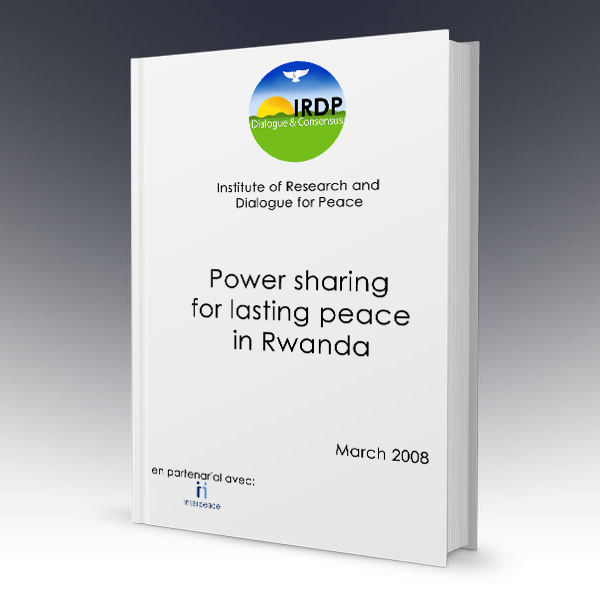INTRODUCTION
In democratic societies, power is owned by the people who use it through vote casting and institutional control. The constitution considered as a social agreement determines the way institutions are organized and ensures the balance of power so as to avoid arbitrary power. Power is shared among these institutions in such a way that each one of them corrects or compensates what the other is lacking. Montesquieu uses the expression “power is controlled by power”.
During the Age of Enlightenment, philosophers supported Montesquieu’s statement as they advocated the theory of power separation which has given its full meaning to modern democracy. Power does not belong to one person who has the right to decide on the destiny of the citizens. Power belongs to the people who use it through the executive power, the legislative power and the judicial power. A majority of countries in modern societies including Rwanda have adopted this power separation principle whose implementation varies from one government to another. Even if power separation is a constitutional principle since independence, its efficient implementation has always been a serious problem in Rwanda until now.


There are no reviews yet.